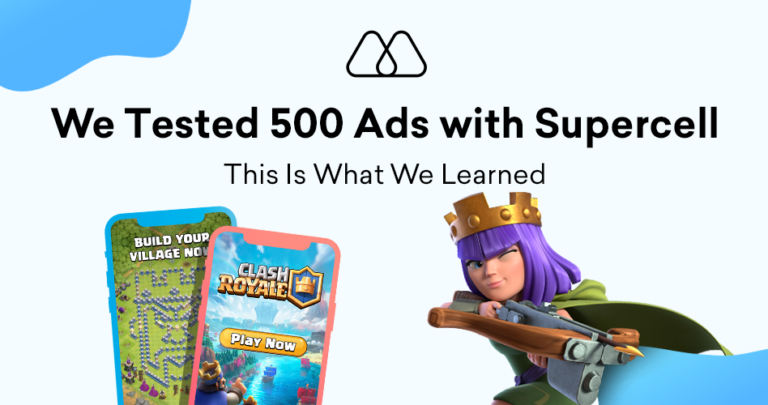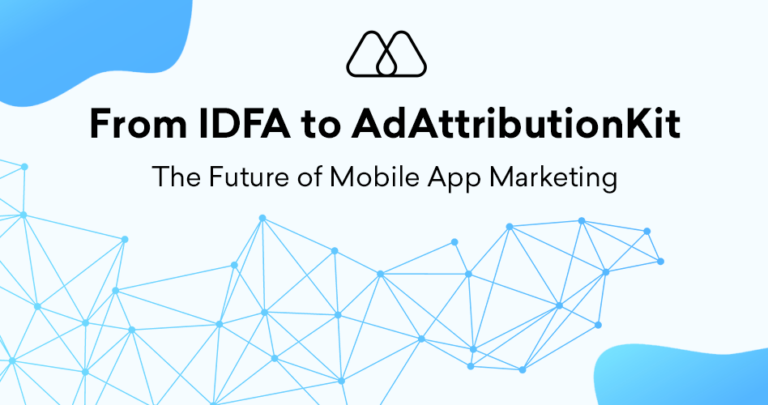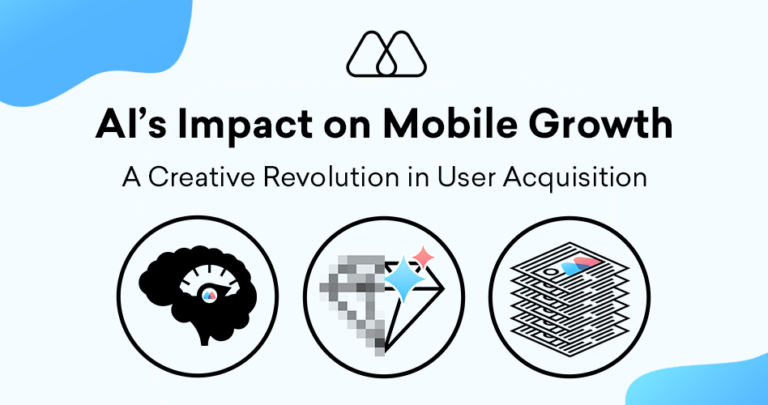In the fiercely competitive mobile app landscape, acquiring users is the first hurdle. The true test lies in fostering meaningful engagement that keeps users coming back for more. This article delves into engagement in mobile advertising, exploring its various facets, the influencing factors, and strategic approaches for increasing user engagement within your mobile app.
What is User Engagement in Mobile Advertising?
Engagement in mobile advertising refers to the user interaction with your app beyond simply installing it. Key metrics that indicate user engagement include:
- Session Length: The average time users spend actively using your app per session.
- Session Frequency: The number of times users open and interact with your app within a specific timeframe.
- In-App Activity: Specific actions users take within your app, such as completing tasks, making purchases, or interacting with content.
- Retention Rate: The percentage of users who use your app after an initial period.
Why is User Engagement Crucial for Mobile App Success?
High user engagement is the lifeblood of any successful mobile app. It contributes to several vital aspects of your app’s health:
- Increased User Lifetime Value (LTV): Highly engaged users tend to spend more time and money within your app, leading to a greater return on investment (ROI) for your marketing efforts.
- Enhanced Brand Advocacy: Engaged users become brand advocates, spreading positive word-of-mouth and potentially driving organic installs.
- Improved App Store Ranking: App stores often prioritize apps with higher engagement metrics in their search rankings, leading to greater visibility for your app.
- Valuable User Data Collection: Engaged users provide important data on their behavior and preferences, allowing you to refine your app features and marketing strategies for better user experiences.
Factors Affecting User Engagement in Mobile Apps
Several factors influence user interaction in mobile apps:
- App Functionality and Value Proposition: Does your app offer a clear value proposition and a compelling user experience that solves a problem or fulfills a need?
- Onboarding Process: A smooth and informative onboarding process sets the stage for user interaction by guiding users through the features and functionalities of your app.
- Content Quality and Personalization: High-quality, engaging content tailored to user preferences keeps users returning for more.
- Push Notifications and User Communication: Push notification’s strategic use can prompt users to re-engage with your app but avoid being overly intrusive.
- Gamification and Rewards: Gamification element implementation like points, badges, and leaderboards can incentivize desired user behavior and boost interaction.
5 Key Takeaways for Boosting User Engagement in Your Mobile App
- Prioritize User Experience (UX): Focus on creating an intuitive, bug-free, and visually appealing app that is a pleasure to use.
- Deliver Value Early and Often: Ensure users experience the app benefits and value proposition within the first few interactions.
- Personalize the User Journey: Tailor content, recommendations, and notifications to individual user preferences and behavior.
- Foster User Communication: Create a two-way communication channel with users. Respond to feedback, address concerns, and actively engage with your user base.
- A/B Test and Continuously Optimize: Utilize A/B testing methodologies to experiment with different app features, content strategies, and user engagement tactics.
Beyond the Basics: Advanced User Engagement Strategies
For sophisticated mobile app marketers seeking to push the boundaries of user interaction, consider these advanced techniques:
- Community Building: Foster a vibrant community around your app by hosting online forums, creating user groups, or organizing events, since a connected user base fuels interaction.
- Live Events and In-App Experiences: Host live events, interactive features, or limited-time experiences within your app to generate excitement and encourage user participation.
- Loyalty Programs and Gamification: Implement comprehensive loyalty programs with tiered rewards and personalized challenges to incentivize long-term user participation.
- Omnichannel Marketing Integration: Align your mobile app marketing efforts with other marketing channels like social media or email marketing to create a cohesive user experience across all touchpoints. (e.g. Starbucks, Amazon, and Disney)
The Engagement Imperative in Mobile App Advertising
In today’s mobile-first world, user engagement is no longer a luxury; it’s a necessity. By prioritizing user experience, delivering value, and implementing strategic engagement tactics, mobile app marketers can cultivate a loyal user base, maximize their return on investment (ROI), and achieve sustainable success.
At its core, user engagement boils down to building strong relationships with your app users. By understanding their needs, motivations, and behavior, you can create a personalized and valuable app experience. Prioritize two-way communication, actively seek user feedback, and continuously iterate based on user data to maintain high engagement and establish your app as an essential part of their mobile ecosystem.




